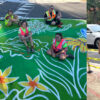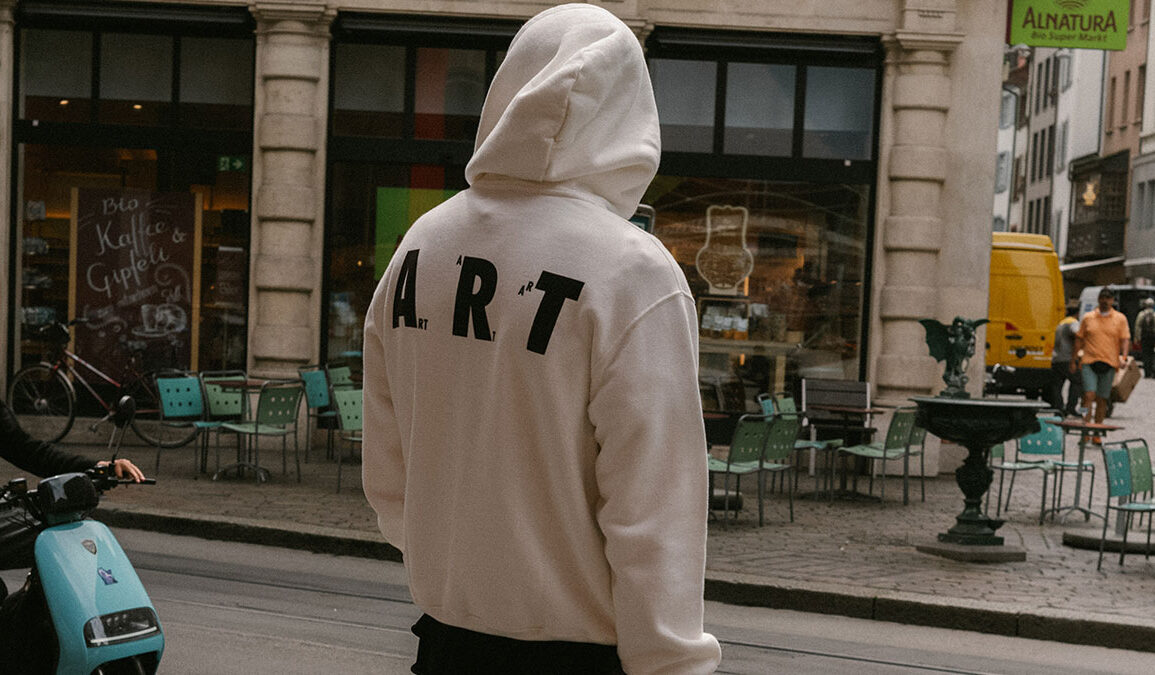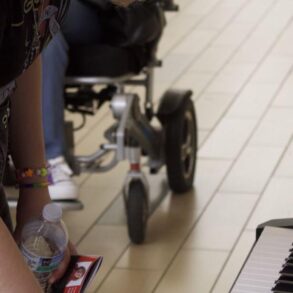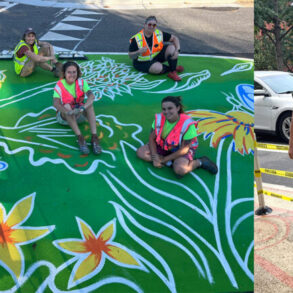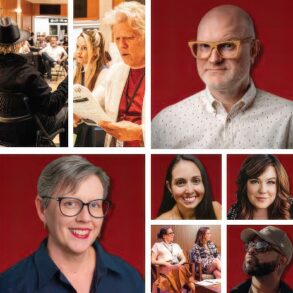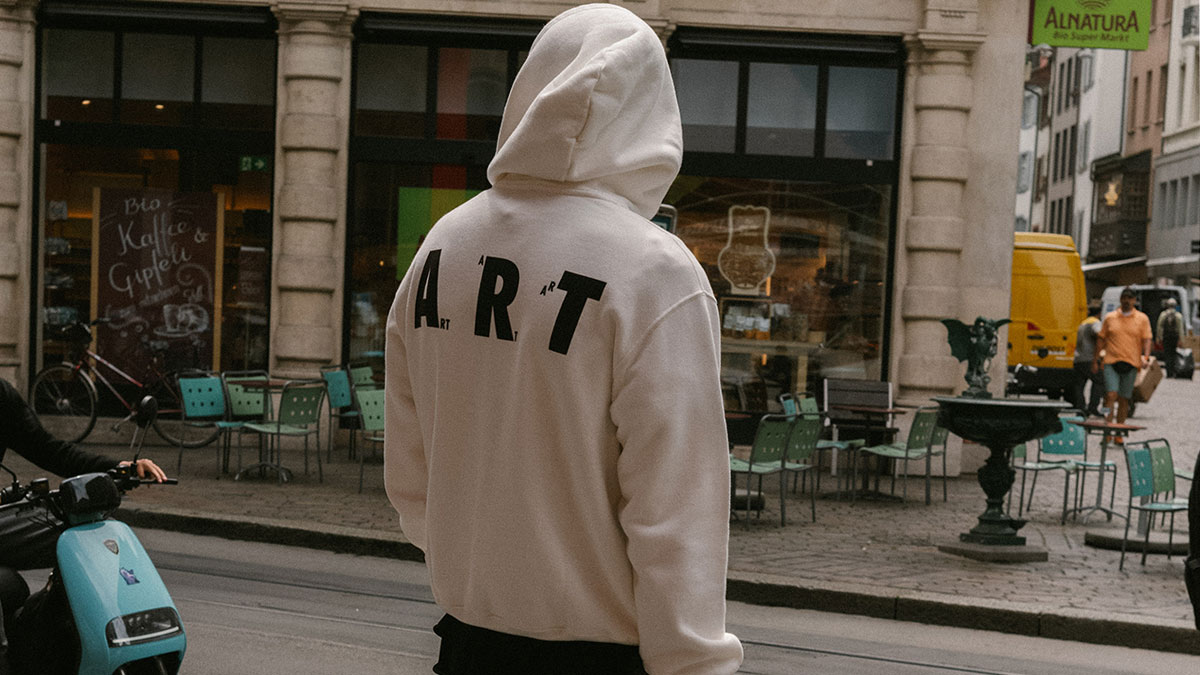
The large volume of high-net-worth individuals (HNWIs) is, of course, a primary motivator for establishing a retail space within the context of an art fair. Speaking of Matches’s Frieze partnership, Christie notes, “We were always looking for ways to add value and speak directly to our customer,” which, for the e-tailer, underscored the business favour of maintaining a physical presence in the fair. “In the last year of our partnership with Frieze, in just the VIP opening days, we engaged with 10,000 customers alone. It proves how fundamental it was to the business. If you engage with that many top-tier customers, it has ripple effects. And that’s all down to giving them an experience that feels unique; that they weren’t seeing anywhere else.”
A shifting cultural landscape
The business logic for Art Basel’s step into the world of concept retail is self-evident. Not only does it capitalise on the institution’s booming reputation as a global cultural brand, but it also caters to an insatiable appetite for niche, site-specific merch and memorabilia — a phenomenon that has been broadly attested to across art, fashion, music and culture writ large.
“At this moment in time, many artists are interested in disseminating their work beyond the space of the gallery and the museum,” concurs Hans Ulrich Obrist, artistic director at the Serpentine Galleries in London, noting merchandise’s development into a frontier for artistic expression. “[It] has always been one of these possibilities and many artists have worked with it over the last decades. It’s great news that Noah Horowitz [Art Basel’s CEO] and his team decided to invite artists to do multiplied artworks (limited-edition works made in greater runs, as opposed to one-off pieces). He was always interested in new distribution models for art.”
There is, however, another noteworthy cultural shift that the launch of Art Basel Shop signals: the art world’s embrace of the realms of fashion and lifestyle — in particular, their endemic marketing and communications strategies. While there are numerous examples of fashion brands stepping into the art world through collaborations (Loewe), artistic programming (Bottega Veneta), institutional sponsorships (Chanel), show commissions Miu Miu) and foundations (Prada), exchanges in the other direction are far more rare. One of the few exceptions is Felix LA, a small, independent art fair held in the rooms of Hollywood’s Roosevelt Hotel, which earlier this year, enlisted Dover Street Market (DSM) as an official partner to help recruit brands as collaborators (pieces were sold at DSM’s Felix space).
This post was originally published on this site be sure to check out more of their content


